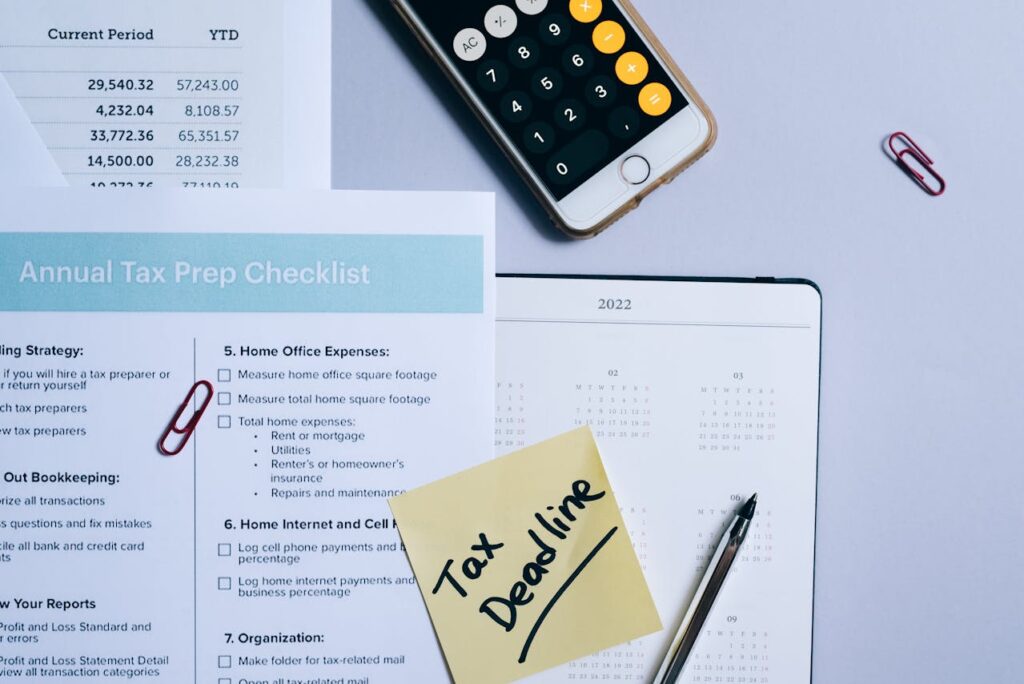Physical Address
304 North Cardinal St.
Dorchester Center, MA 02124
Physical Address
304 North Cardinal St.
Dorchester Center, MA 02124

It’s easy to let your financial past weigh you down. Bad decisions, missed opportunities, or a lack of financial literacy can often leave you feeling like you’re trapped in a never-ending cycle.
But here’s the truth: you don’t have to be defined by your financial history. In fact, your financial past doesn’t have to dictate your future.
By taking proactive steps, you can protect your future and create a life where money is no longer a source of stress.
If you’re ready to break free from your financial past and build a secure future, this article is for you. Let’s dive into five practical ways to protect your future and stop letting your past hold you back.

Before you can start building a brighter financial future, it’s crucial to understand where you stand right now.
If you’re carrying debt or living paycheck to paycheck, it might be tempting to ignore the situation in hopes that it’ll fix itself. But facing your financial reality is the first step toward regaining control.

Start by taking a full inventory of your debts. This includes credit card balances, student loans, personal loans, car loans, and mortgages.
Write down each debt, the total amount owed, the interest rates, and the monthly payments. This will give you a clear picture of what you owe and how much interest is eating into your finances each month.
Your credit score is an important indicator of your financial health. A good credit score opens doors to lower interest rates and better financial opportunities in the future.
If your credit score is low, take time to review your credit report and find ways to improve it. This could include paying down high-interest debt, disputing any errors, or simply making on-time payments going forward.
One of the most powerful things you can do for your financial health is to track your spending. Use an app, a spreadsheet, or good old pen and paper to categorize your expenses each month. You might be surprised to see where your money is going and identify areas where you can cut back.
By having a clear understanding of where you stand financially, you can start making informed decisions that will set you on the path to a healthier financial future.
If your financial past includes living paycheck to paycheck or relying on credit cards, it’s time to create a budget that works for your current lifestyle. A budget gives you control over your money and ensures that you’re spending within your means.
The first step in creating a budget is to set realistic financial goals. Do you want to pay off debt? Start saving for retirement? Or perhaps you’re hoping to build an emergency fund?
Whatever your goals may be, write them down and break them into smaller, actionable steps. For instance, if you’re paying off credit card debt, your goal could be to pay off a specific amount each month.
If budgeting feels overwhelming, the 50/30/20 rule is a simple and effective approach to get started:
This is a simple guideline, and you can tweak it based on your priorities. The key is to make sure you’re balancing your needs, wants, and savings so that you’re not putting your future at risk.
Once you’ve set up your budget, track your spending closely. Regularly review your budget to make sure you’re sticking to it, and make adjustments as needed. Tracking your progress can be a huge motivator and help you stay on course.
Life is full of surprises, and having an emergency fund can help you navigate financial setbacks without falling back into debt.
Whether it’s an unexpected car repair, medical expense, or job loss, an emergency fund provides a safety net that keeps you from relying on credit cards or loans.
If you’ve never had an emergency fund before, it might seem daunting to save up enough to cover three to six months’ worth of living expenses.
But the key is to start small and gradually build it up. Aim to set aside at least $500 to $1,000 as a starting point, and once that’s in place, continue building it over time.
Keep your emergency fund in a separate savings account that’s easily accessible, but not too tempting to dip into for non-emergencies.
Many people use high-yield savings accounts or money market accounts to keep their emergency funds, allowing their savings to grow while still being easy to access when needed.
One of the most significant ways to protect your future from your financial past is to eliminate unnecessary debt.
Debt is a heavy burden that limits your ability to save, invest, and build wealth. By creating a plan to pay off your debt, you’ll set yourself up for a much brighter financial future.
There are two popular methods for paying down debt: the Debt Snowball and the Debt Avalanche. Each has its pros and cons, so choose the one that motivates you the most.
You can also try a hybrid approach—focus on the high-interest debts first, but still celebrate small wins along the way to stay motivated.
If you have multiple high-interest debts, consolidating them into one loan with a lower interest rate can simplify your payments and save you money. Explore debt consolidation options, like a personal loan or a balance transfer credit card, to make your debt more manageable.
One of the best ways to protect your future from your financial past is to start building wealth through investments. While paying off debt and saving are critical steps, investing gives you the opportunity to grow your money and create a future of financial security.
If you’re not already contributing to a retirement account, now is the time to start. If your employer offers a 401(k) with a match, make sure you’re contributing enough to take full advantage of the match—it’s essentially free money. If a 401(k) isn’t available, consider opening an IRA (Individual Retirement Account).
Investing doesn’t have to be complicated. One of the simplest and most effective ways to invest is by putting money into low-cost index funds.
These funds are made up of a wide variety of stocks or bonds, helping to spread out risk and provide steady long-term growth. Index funds are especially great for beginners because they require minimal effort and typically have low fees.
When investing, the key is to think long-term. Avoid making emotional decisions based on short-term market fluctuations.
Stay committed to your strategy and consistently invest over time. By starting early and sticking to your plan, you’ll have the opportunity to compound your wealth and protect your future.
Protecting your future from your financial past is a process that requires intention, planning, and discipline. While it may not be easy at times, taking small, consistent steps will set you on the path to financial freedom.
Start by assessing your current situation, creating a realistic budget, building an emergency fund, tackling your debt, and investing for the future. These five strategies will not only help you escape the shadows of your financial past but also give you the tools to build a bright and secure future.
Remember, it’s never too late to take control of your finances. Start now, and take charge of your financial destiny!
Here are 7 life-changing moves to make after losing your job.